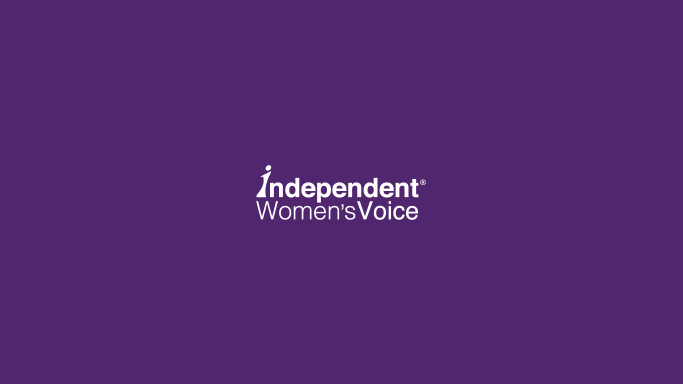David Freddoso of the Washington Examiner has been following the controversy over “Your Life, Your Choices,” the pamphlet that the Veterans Administration has been handing out to sick and wounded vets and that asks them to decide whether their life is worth living. The booklet sheds light on the impetus behind the drafting of the provision in the House healthcare plan that would pay doctors to discuss living wills with their patients–and then pay them some more if they can persuade their patients to sign the wills.
“Your Life, Your Choices,” was co-authored in 1997 by Dr. Robert Pearlman, one of several physicians and bioethicists who filed an amicus brief in a 1996 Supreme Court case arguing thta the high court “”should recognize a right to physician assisted suicide for dying patients.” The Bush administration halted use of the pamphlet, but with the inauguration of President Obama, it’s back in the hands of VA doctors.
The language in the pamphlet (which can be read in its entirety here) is, well, not very encouraging to any wounded vet who would like to stay alive. Here’s a summary written for the Wall Street Journal by Jim Towey, director of faith-based initiatives under Bush:
“Your Life, Your Choices” presents end-of-life choices in a way aimed at steering users toward predetermined conclusions, much like a political “push poll.” For example, a worksheet on page 21 lists various scenarios and asks users to then decide whether their own life would be “not worth living.”
The circumstances listed include ones common among the elderly and disabled: living in a nursing home, being in a wheelchair and not being able to “shake the blues.” There is a section which provocatively asks, “Have you ever heard anyone say, ‘If I’m a vegetable, pull the plug’?” There also are guilt-inducing scenarios such as “I can no longer contribute to my family’s well being,” “I am a severe financial burden on my family” and that the vet’s situation “causes severe emotional burden for my family.”
When the government can steer vulnerable individuals to conclude for themselves that life is not worth living, who needs a death panel?
Furthermore, the pamphlet lists only one organization to which it advises vets to turn should they wish to draft a living will: Choice In Dying, an organization that describes itself as a successor-organization of the Euthanasia Society. That’s it. Religious and right-to-life groups that take ethical stands on dying didn’t make the cut.
On the Examiner blog Freddoso writes:
Towey claimed that the VA is urging doctors to use it once again now. Over the weekend, VA Assistant Secretary Tammy Duckworth denied this, but no one in the administration has explained why it was re-posted to the Internet at some point prior to July 2, and why the VA specifically links to it as a resource for practitioners.
Yesterday, says Freddoso, the VA killed its Internet link to the pamphlet, just as cable news shows were beginning to publicize its contents (there is now a new link) According to VA spokeswoman Katie Roberts, the pamphlet is “in the process of revision” and that the VA intends to include faith-based and medical groups as resources for patients this time around.
As Freddoso reminds us, the same bureaucracy that “coughed out this booklet will be responsible for developing cost-saving measures in health care, through the president’s Independent Medicare Advisory Council. ”
Sounds ominous, doesn’t it?

